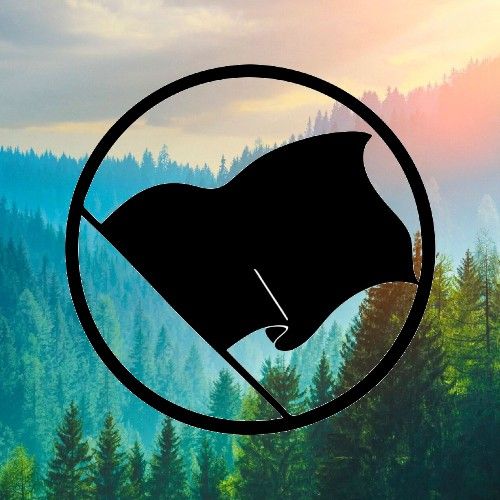like on the one level i obviously understand that some plants were introduced into ecosystems in which their behaviors are so aggressive that they destroy the biodiversity of an area........ but at the same time creatures are escaping the conditions that created them and radically changing other ecosystems, creating new pressures which force the life of those ecosystems to transform too.
how do i draw a line here?
i was sent some things that might further my criticisms and suspicions.
like an academic back and forth published in journals about invasion biology:
https://link.springer.com/article/10.1007/s10539-018-9644-0
https://link.springer.com/article/10.1007/s10539-019-9704-0#Bib1
https://link.springer.com/article/10.1007/s10539-023-09892-3
https://link.springer.com/article/10.1007/s11229-019-02259-w
and a book by Tao Orion called 'Beyond the War on Invasive Species" that i'm gonna try to pick up
You could refer to it as ecological decolonization because things like mustard seeds that are wrecking US biodiversity came from Spanish colonizers, likely from an environment where they were part of a diverse ecosystem and just aren't meant for this one
@exiliaex@masto.anarch.cc If the word hadn't been overused by tech people "disruptive species" might be a better term?
Some good, lesser-known material along the same lines if you haven't come across it:
Kollibri terre Sonnenblume is a fascinating individual who has written a short book on the subject (and currently writing a longer one). Also writes about related topics on his blog. He interviewed Tao Orion about their book, as well as Dr. Matt Chew who is a leading academic critic of invasion biology, on his podcast (links to blog and podcast on front page of his website):
@exiliaex
I like to only use "invasive" to describe the dynamic you described first, and use "exotic" for species that are not invasive but also not native. So many of the food plants I grow are exotic, but if they escape my garden they won't be invasive, they probably won't survive.
Cats are invasive, dingos are not, and can now basically be described as native (naturalised).
@exiliaex
Invasive species often massively reduce diversity (as you mentioned) where they take hold, they come to dominate.
The "Muslims in france" example you quoted is very useful here: its not an invasion! Its incorrect to describe it as such, and the people that are doing so are being racist assholes. There are other situations where invasion is accurate, because there is domination. The ethical nature of the saxon takeover of the british isles depends on if it involved domination by power or just people moving and living in a different place.
Of course people dominate with a deliberate will, while plants do not, they just grow.
I think basically there are different dynamics, and we should use different words for those dynamics; some are invasive, some are not.
@exiliaex
I have many many more thoughts as this is a concept I think about a lot, but will save it for now.

thank you "BasedOmniMan" for giving me such a palpable example of why i'm suspicious of this terminology!